A specialized elder-care visa system may be the answer.
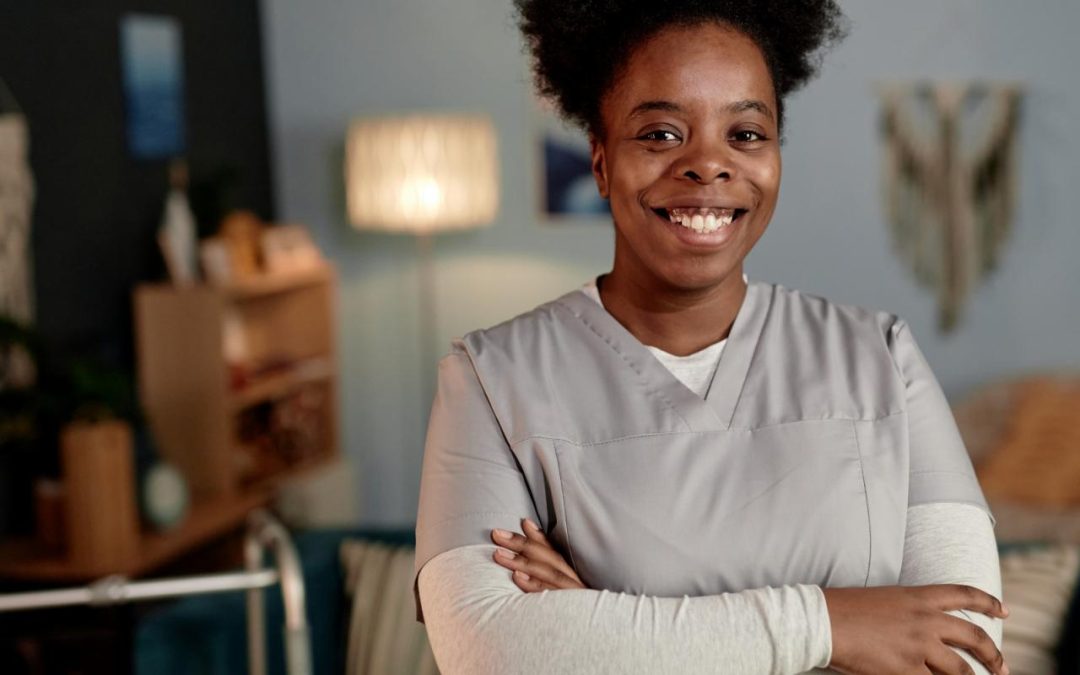

A specialized elder-care visa system may be the answer.

Ending ageist assumptions in physical activity programming.
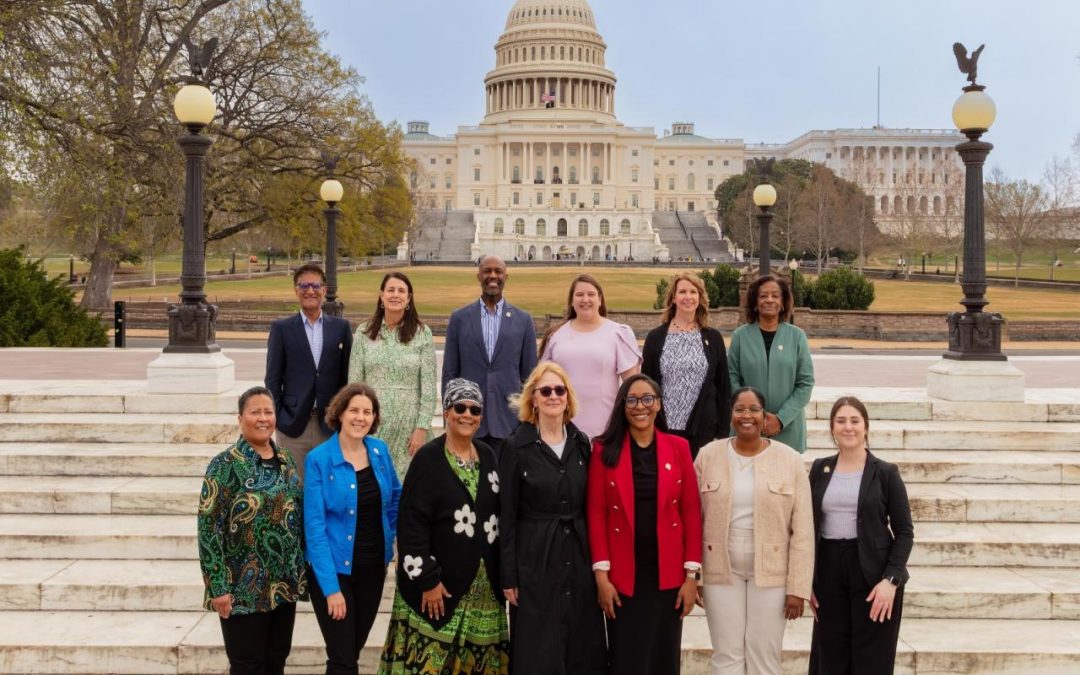
‘Advocates shared stories not just about barriers, but also about resilience, innovation and hope.’

Changing the narrative about age and the future of work.
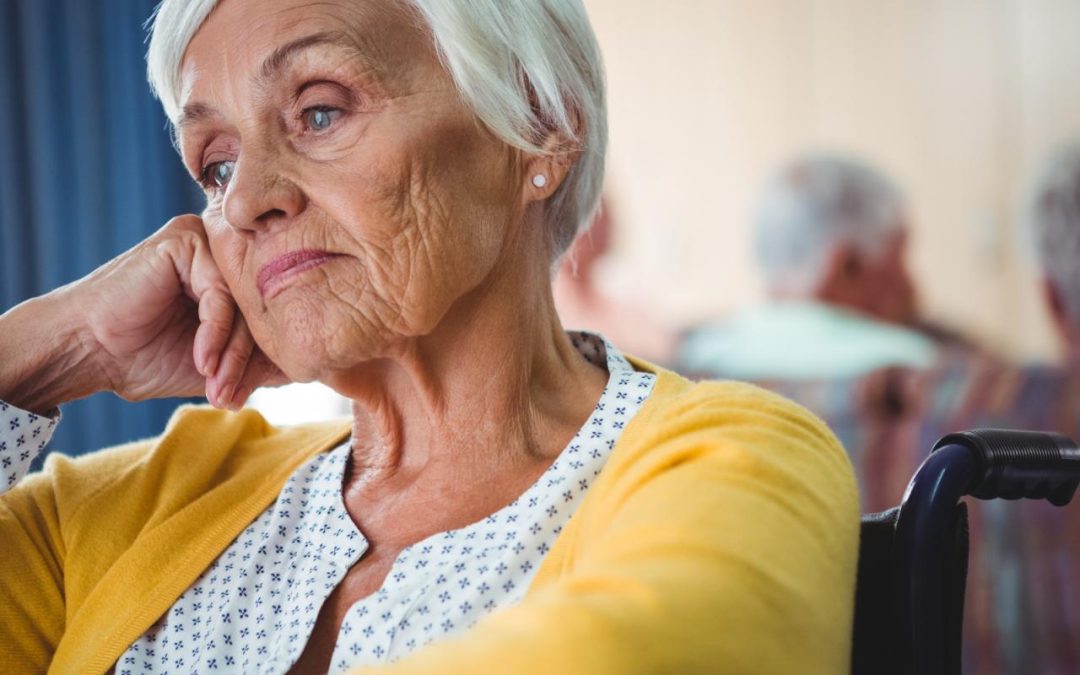
One woman’s trip through the rotating hospice door with her dying mother.

What has been cut, might be cut, and what to do about it.

Embracing generational lessons on giving back and gathering new tools to keep pushing for change.
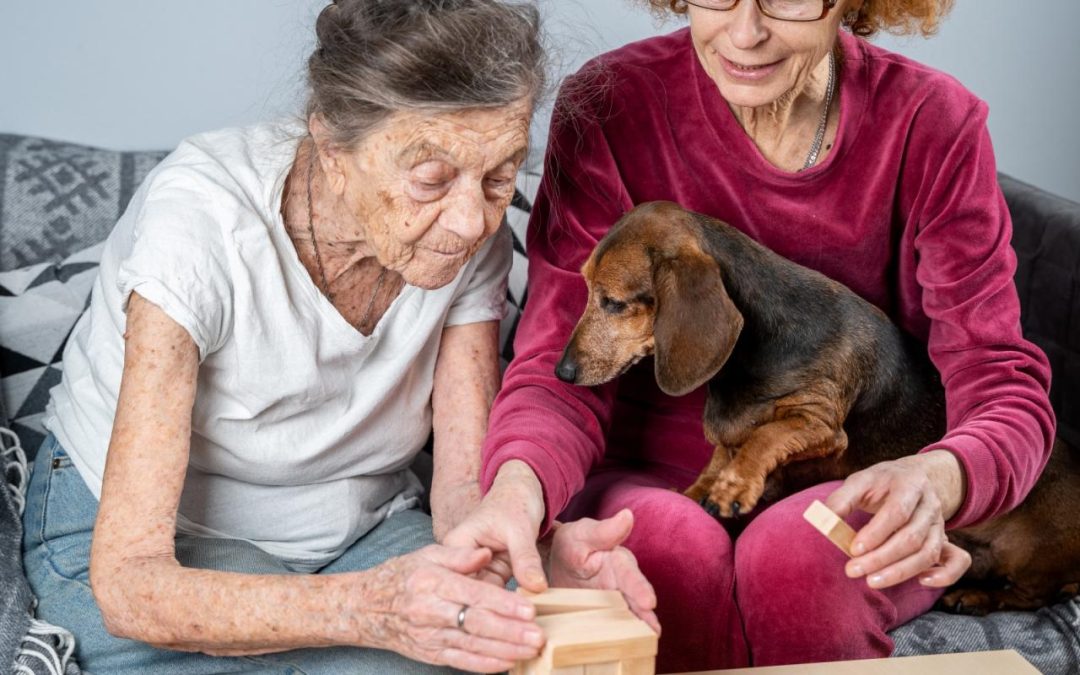
The role of Dementia Friendly America and AAAs in ensuring communities across America are supportive of those with the condition.
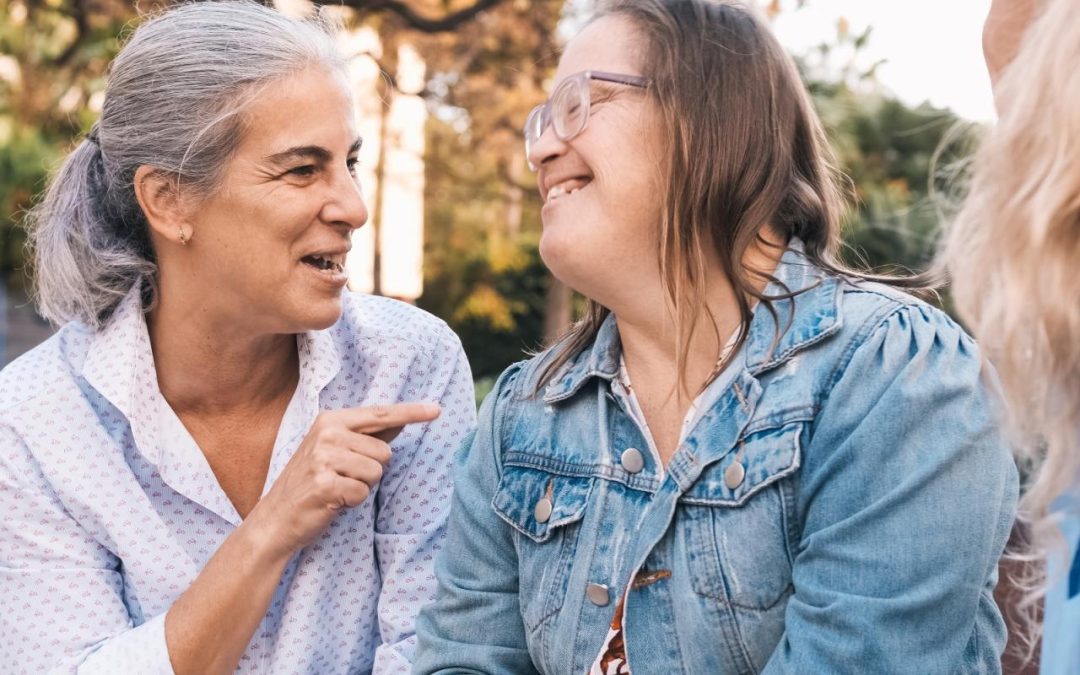
It is critical to include people with disabilities as stakeholders in any collaborations in AFEs.

States can use MPAs to coordinate aging and disability services and supports across sectors to achieve age-friendly ecosystems.

Where do we go from here?

Age-friendly work across sectors can coalesce into a social movement through shared principles and approaches to improve society.
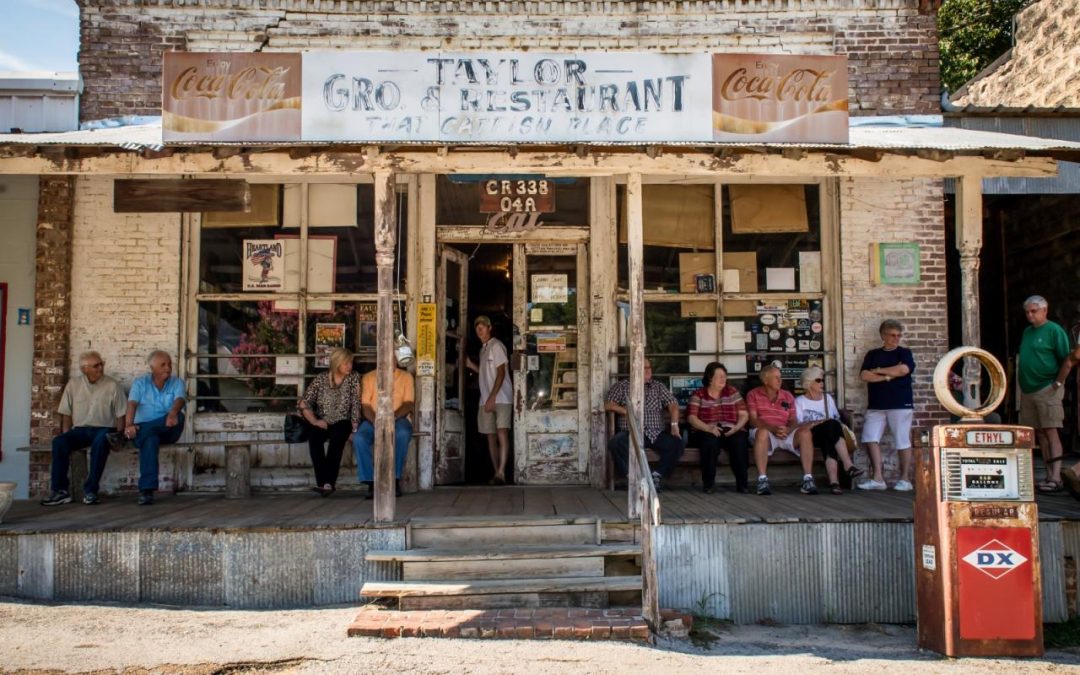
Lessons learned on the road to a Multisector Plan for Aging.

The expansion opportunity could elevate healthy aging as a core public health function, while focusing on equity.
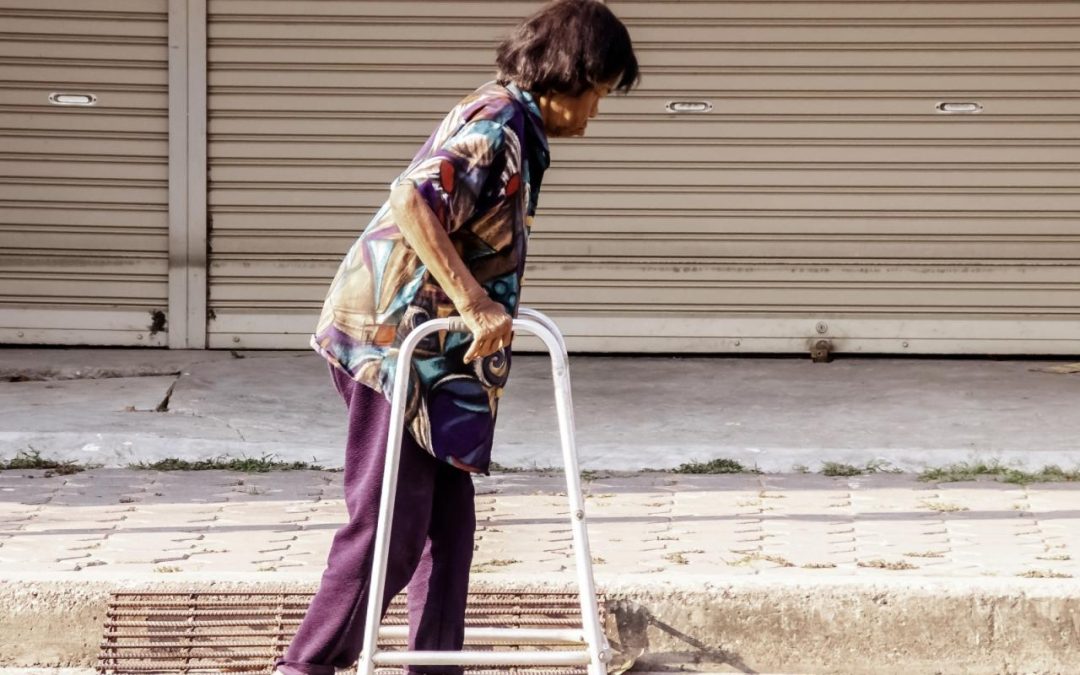
To improve quality of life for all older adults, society must wake up to the impact of lifelong disparities.
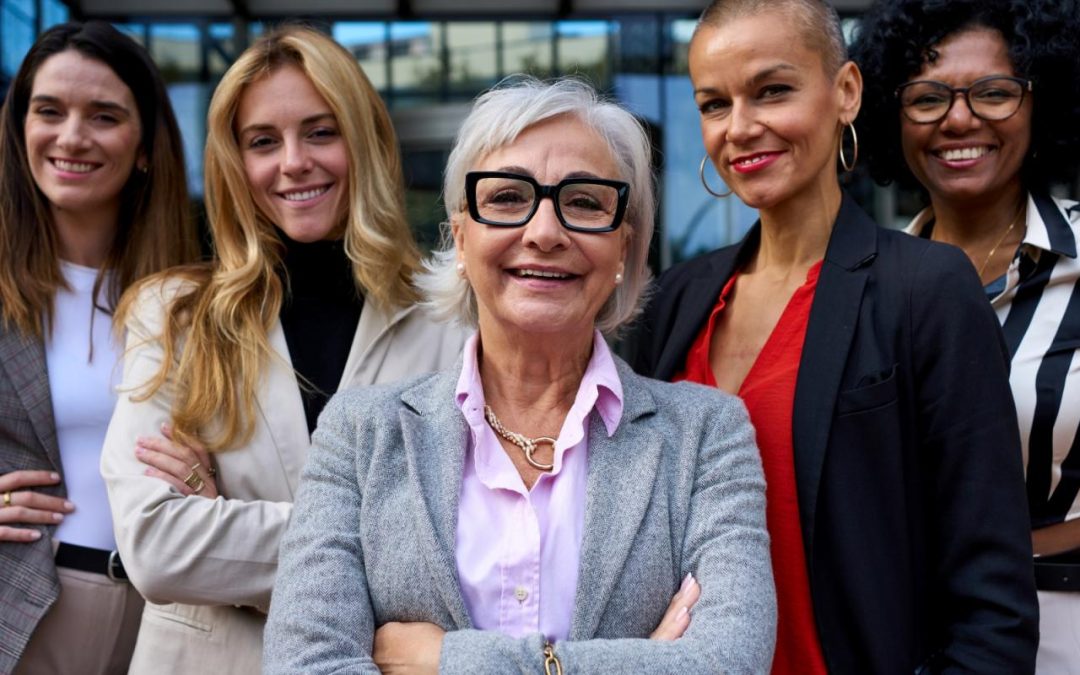
Their evolution, benefits, challenges, and future directions.
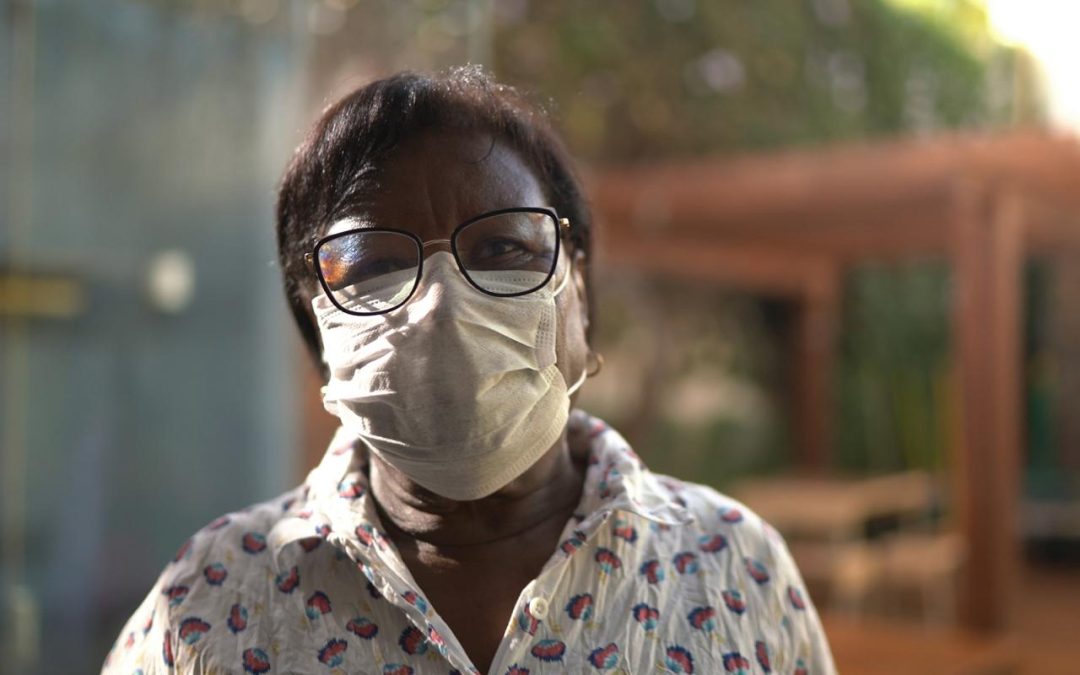
The first Trump administration abandoned elders in 2020, what’s the likely fate of the nursing home staffing mandate post-Biden?

The ASA RISE Allyship Project

Economic and ethical imperatives to address healthcare ageism will only grow more urgent as population demographics continue to skew older.
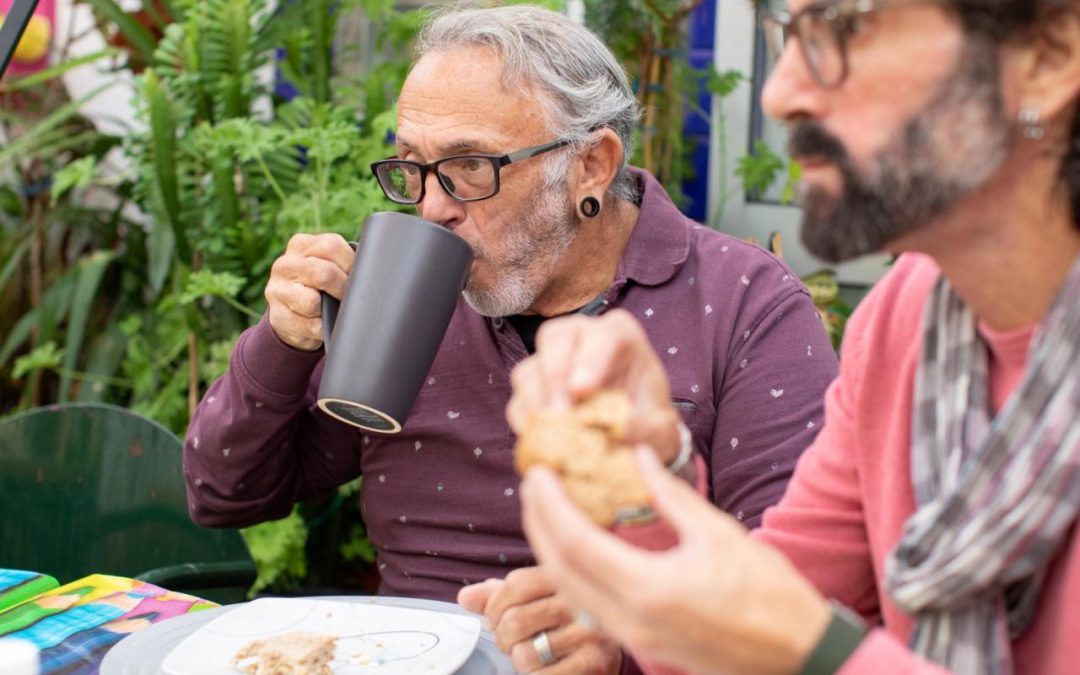
Cuts to the CDC’s Division of HIV Prevention would have devastating consequences for the growing population of older adults living with HIV.